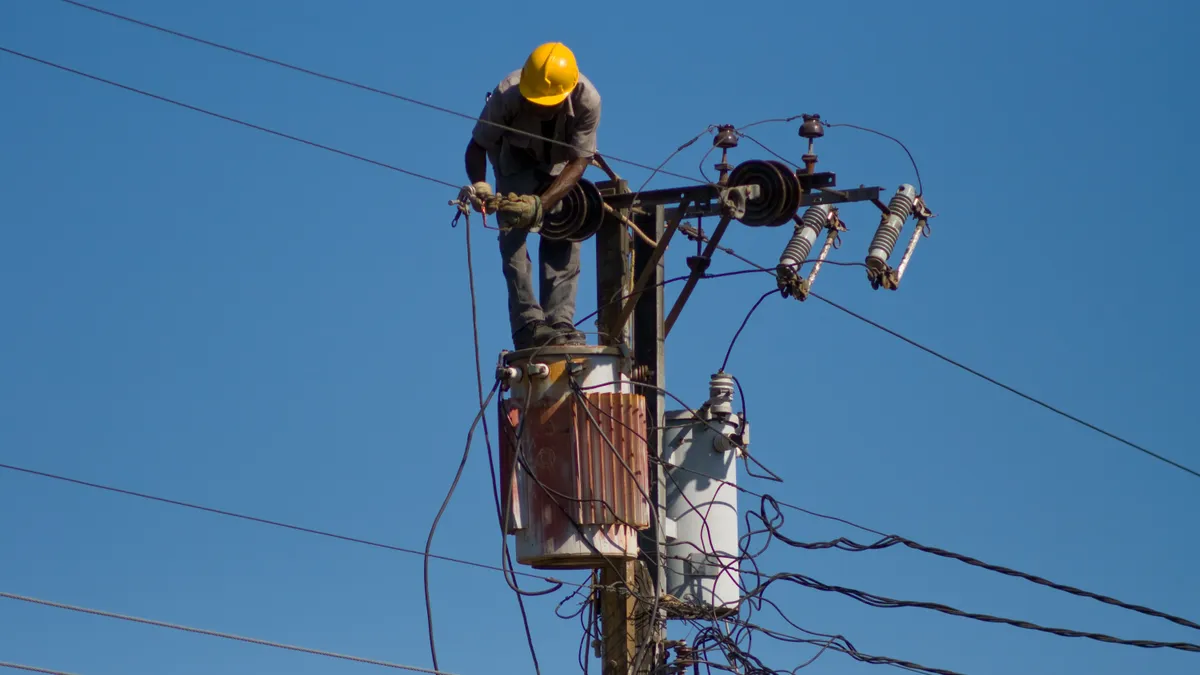Dive Brief:
- Field, or deskless, workers need real-time digital connections to perform their jobs more effectively and inclusively, a new poll of field service organizations by Zinc and Field Technologies revealed. According to the report, the world's 3 billion field workers, which include hotel staff, utility workers, warehouse staff, field service technicians, flight crews and manufacturing plant engineers, lack the technology to meet their needs.
- Key findings in the report showed that 53% of survey respondents said that their field workers are only "somewhat engaged" or "somewhat disengaged," and 50% of respondents said they need to improve their communication methods so that field workers can give management feedback.
- The report also revealed that 90% of respondents think real-time communication is either "mission-critical" (50%) or "very important" (40%) for field workers to perform their jobs effectively.
Dive Insight:
Deskless workers have always been less connected to home offices than stationary staff, who have easy, continuous access to computers, phones and other digital devices. But in a tight labor market, with a record-low unemployment rate of 3.9%, employers need to work harder to engage and retain all employees, with a particular focus on less-connected field workers.
In response, more employers have relaxed policies and allowed workers to use their personal devices for work-related activities — but in turn, employers must be wary of the cybersecurity risks of such a policy. Although about 64% of employees use an employer-approved device for work-related tasks, only 40% use a personal device that's monitored, according to B2B research firm, Clutch. And in today's business environment, employers can't afford not to train their employees on the risks. A previous Willis Towers Watson survey showed that 90% of cyber risks are created by human error.
Either way, employers in all industries are working to allow employees more work flexibility through devices that more keenly align to the devices employees use in their day-to-day lives. More workers, even those not tied to desks, have access to mobile technology than ever before — something smart employers are taking advantage of.













